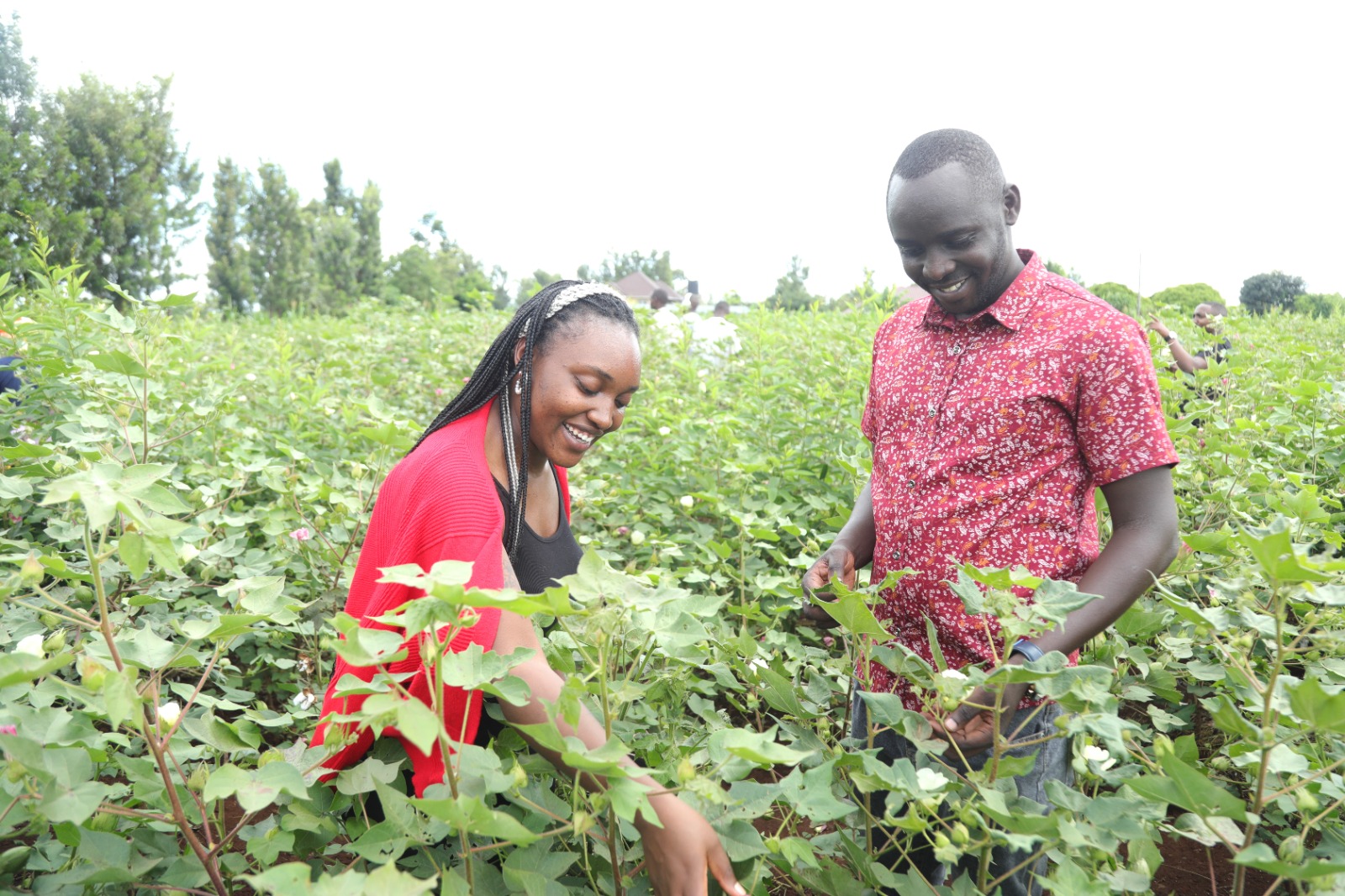The growing adoption of agricultural biotechnology in Africa, like the early days of technologies such as cell phones, vaccines, and aeroplanes, has faced its share of controversies and challenges as it becomes more widely integrated. These challenges often include public skepticism, misinformation, regulatory hurdles, and ethical concerns, which are common during the broader adoption and scaling of innovative technologies.
The extent of misinformation concerning agricultural biotechnology in Africa has reached distressing levels. Misleading stories and false beliefs have created significant public confusion, thereby limiting the potential benefits of agricultural biotechnology in the effort to alleviate food and nutrition insecurity.
Myths surrounding agricultural biotechnology, such as whether biotech crops can be replanted, their impact on biodiversity, and their safety for human health, continue to dominate discussions. Additional concerns, including the potential for rising seed costs and the risk of gene transfer eradicating wild seed varieties from African ecosystems, also remain central to this debate.
As climate change, pest infestations, and declining soil fertility intensify Africa’s food and nutrition insecurity challenges, the urgency to combat misinformation surrounding innovative technologies that can enhance food and nutrition outcomes has become more critical than ever.
The repercussions of misinformation on agricultural biotechnology developments in Africa are substantial, influencing both policy frameworks and societal perceptions. A significant example is the decade-long restriction on genetically modified organism (GMOs) in Kenya, which was propelled by unfounded fears regarding health implications. This ban delayed the integration of biotech crops that could have markedly increased agricultural productivity and enhanced food security. It required ten years of dedicated advocacy and scientific evidence to reverse this policy, demonstrating the severe consequences of misinformation.
Many of the court cases involving biotech-related petitions that Nigeria has had to deal with are the result of misinformation. Legal battles opposing the introduction of genetically modified crops, such as the Bt cotton case (suit no. FHC/ABJ/C5/846/2017), have taken up time, money, and resources that could have been better utilized for more research and development.
Our young scientists
Young African scientists have a crucial role to play in combating misinformation about agri-biotech. While some are already taking steps to reduce the burden of this infodemic era, many young scientists remain unaware of the important role they can play in combating the menace of misinformation. Young scientists can participate in outreach programs, public speaking engagements, and social media campaigns to share accurate information about GMOs.
By simplifying complex scientific concepts, they can help demystify biotechnology for the general public. They can also take steps to educate the public by participating in science communication platforms and writing articles. Through blogs, webinars, and workshops, these scientists can work to demystify GMOs and genome editing by presenting clear, evidence-based information. Additionally, they can engage in community outreach, meeting farmers directly to dispel myths about biotechnology and discuss the benefits of biotech crops, such as improved yields and resistance to pests. By serving as credible sources of knowledge, young scientists help to bridge the gap between research and public understanding, fostering trust in agri-biotech innovations.
Leveraging OFAB and Africa Science Dialogue
Young scientists can enhance their influence by utilizing platforms such as the Open Forum on Agricultural Biotechnology (OFAB) and the Africa Science Dialogue. These initiatives create avenues for emerging researchers to interact with policymakers, the media, and the general public, effectively addressing misconceptions at the community level. By engaging in dialogues and contributing to policy discussions through OFAB and the Africa Science Dialogue, scientists can collaborate with key influencers to ensure accurate information about biotechnology is disseminated. Additionally, the Africa Science Dialogue provides a valuable opportunity for young scientists to connect with their peers across the continent, exchange experiences, and collectively combat misinformation.
Young African scientists, driven by determination, have the potential to spearhead the fight against misinformation, cultivating an informed society that welcomes agri-biotech innovations to ensure a food secure future.


